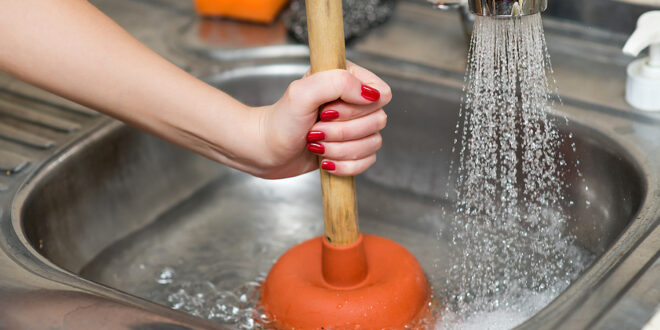Blocked drains are caused by obstructions in drainage systems. They are a common plumbing concern, wreaking havoc in the homes of many. Some blockages may begin with tiny cracks or leakages on pipes in your yard, while others may result from the presence of foreign material in the system.
Since blocked drains are undesirable and expensive to unclog, it is essential to learn the causes of blockages so that you can avoid them at all costs. EasyMerchant can help you find the best products for underground drainage systems.
What Are The Most Prevalent Causes of Blocked Drains?
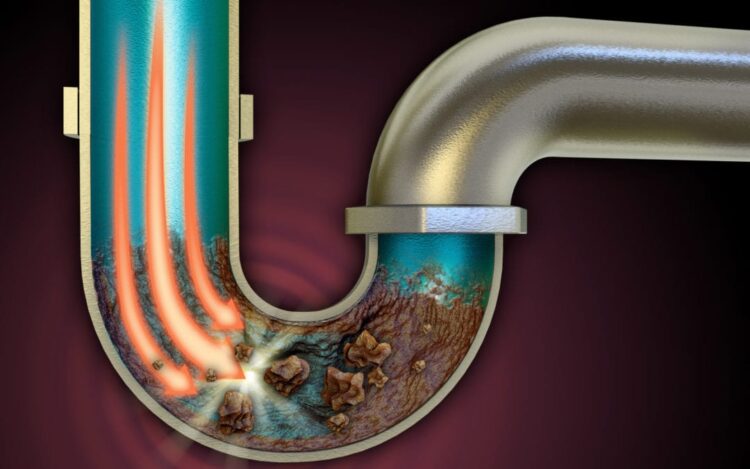
1. Tree Roots
Tree roots are one of the most common causes of drain blockages. They can grow across or penetrate through the tiniest cracks in pipes in pursuit of moisture. These roots cause blockage and can even break up the pipes as they continue to enlarge.
Large trees in your compound or a nearby property are likely to cause this type of blockage. It is important to consider the root system of the trees to plant in your home and keep them a considerable distance away from your pipelines.
2. Toiletries
Personal care products such as razors, shaving supplies, makeup, wipes, and sanitary products are incompatible with your toilet. You should dispose of them in a bin to avoid damage to your pipes, as they can create blockages if flushed down your toilet.
Moderate amounts of toilet paper are okay, but excessive usage, especially of quilted toilet paper, can cause blockages.
3. Foreign Objects
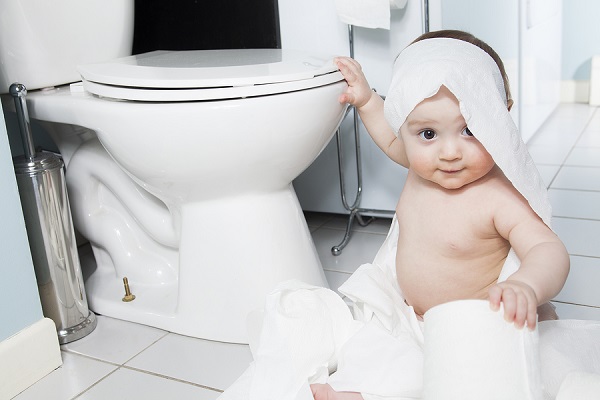
You’d be surprised how many household objects can end up in your drains. Small objects such as jewelry can find their way into the shower or sink drain if its opening is uncovered. Your kids may even flush their toys down the toilet as they play!
These objects can cause severe blockages worth summoning your plumber for.
It is important to train your kids never to put anything in the toilet bowl apart from toilet paper. You should also keep the shower or sink drain opening covered with a guard to prevent items from falling in by accident.
4. Cooking Oil
Cooking oil and fats from fatty foods such as bacon can cause critical issues to your plumbing system. When you wash oils and fats down the sink, they solidify and form fatbergs. These fatbergs may block your sewer and can be very costly to remove and restore your waste management system to normal operation.
To prevent the build-up of fatbergs, avoid washing oils and fats down the sink. Instead, allow them to solidify, remove and put them in a bin. You can also absorb the oils on a paper towel and dispose of the towel in a bin.
If you suspect oil residues have gone down your sink drain, you can pour hot water with dishwashing detergent to clear it up.
5. Food Scraps
As a rule of thumb, never wash off food scraps into your sink, even if it has a garbage disposal.
It is advisable to put all forms of food waste in a bin. This is because some food wastes such as tea leaves and coffee grounds are incompatible with garbage disposal systems – they don’t break down.
Others such as rice and pasta bulge in water and can block your sink within a short time.
6. Mineral Build-Up
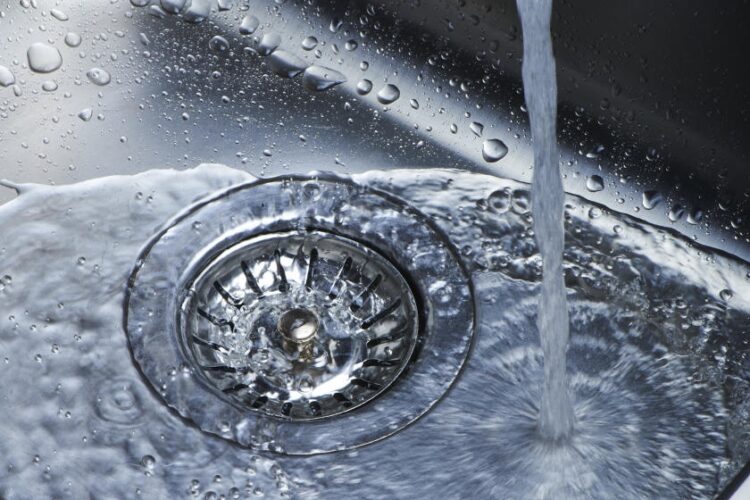
If your area of residence is supplied with hard water, the mineral build-up could be a critical issue to your pipes over time. Mineral build-up (scale deposits) often occurs when dissolved calcium, magnesium, and other metallic elements remain behind in pipes as water flows.
These substances are sensitive to temperature and frequent wet-dry conditions in the pipes. The scale begins at one spot, but it builds up into an obstructive size over time. Mineral build-up can also occur in other water-using systems, such as clothes washers, dishwashers, and showers.
Regular descaling, removing sediment, and scraping of built-up substances are essential processes to keep your water systems functional. However, if the build-up is already established, it may be best to call your professional plumber to unblock your systems.
7. Soap
Soaps contain fats that bond with water minerals to form scum. Scum stains your bath fittings. It also accumulates over time, reducing your pipes’ diameter and causing a blockage. Scum can also combine with other elements such as hair and dirt to clog your pipes. Solid soap bars can also obstruct your pipes.
8. Hair
Hair is a regular cause of clogs in bathrooms, laundry, bathtubs, and shower drain. This is because hair can attach itself anywhere on the drain, knot up, or combine with soap and grease.
To prevent hair blockage, ensure your drains have hair-catching guards and clear them frequently. It is also good to clean off your hairbrushes frequently and remove fallen hair from the sink.
9. Natural Debris
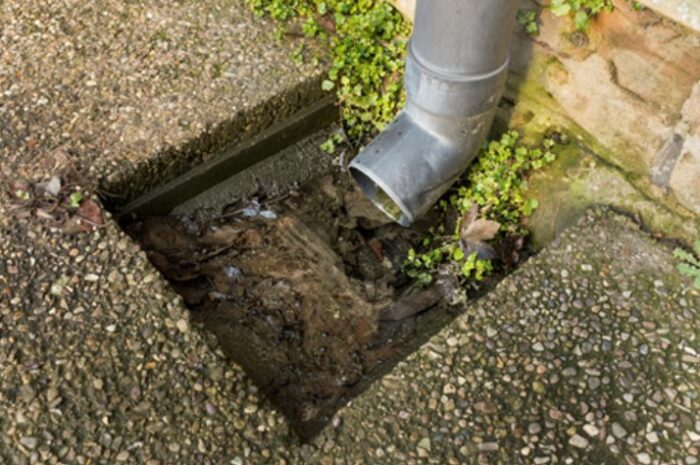
Blockages caused by natural debris are common during the fall season. Plant leaves, sticks, soil, and other debris may clog your piping system unnoticeably. Since you may not have much control over this type of blockage, it is essential to keep your yard tidy to minimize the damage.
10. Cat Litter
Cat litter is incompatible with drainage systems. It consists of silica, clay, and sand, all of which help it absorb moisture and develop into clumps as hard as concrete. The clumps can cause substantial clogs in your pipes. Therefore, it is important to collect your cat litter and bury it in the garden instead of flushing it down your toilet.
Conclusion
Blocked drains can be a nightmare if the condition reaches its utmost severity. When you notice clogging in your drains, it is essential to find out the cause and location of the clog.
For simple blockages, you may be able to unblock it using various DIY methods, such as a plunger. However, according to FluidPlumbingServices, severe blockages require a licensed plumber to clear due to their complexity and risks. Established cases can cost you a substantial amount of money to unblock and restore to normal operations.
We hope the information above will help you prevent blockages in your system and observe the correct waste disposal practices.
 Hi Boox Popular Magazine 2024
Hi Boox Popular Magazine 2024
